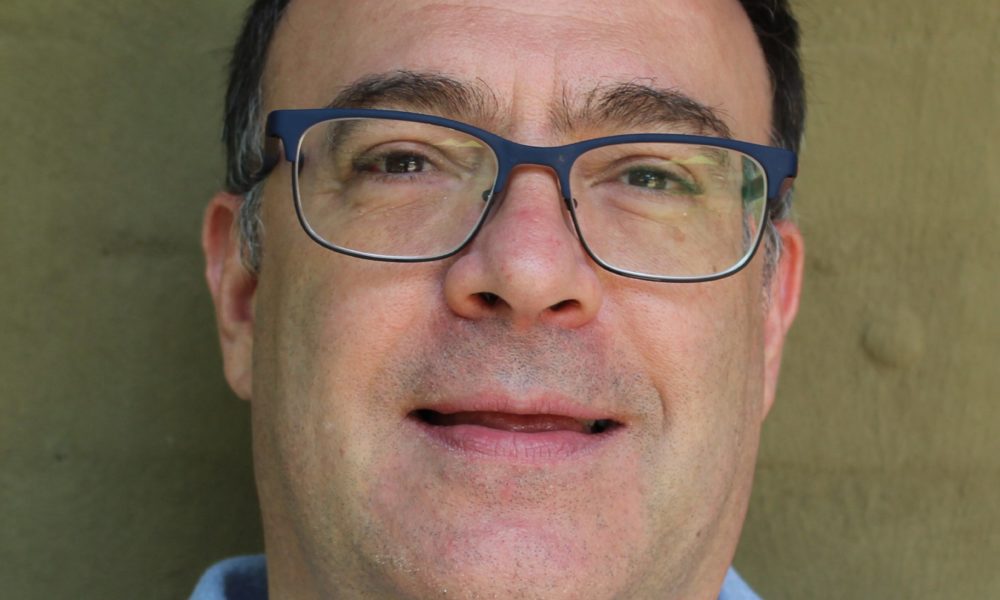OpEds
Taking a cue from Freedom Day

Twenty-eight years ago, on 27 April 1994, South Africans headed to polling stations in their millions. We were voting in the country’s first democratic, non-racial elections to usher in a new government and consign apartheid to the rubbish heap of history. Every year, we commemorate this watershed moment as Freedom Day. April is designated “Freedom Month” by the government, and this year, it coincided with Pesach – zman cheruteinu, the festival of freedom. Here are some thoughts triggered by the longest queue I have ever stood in.
In 1994, I was 23 years old, and completing my honours in International Relations at the University of the Witwatersrand. It was a heady time. I had more hair and less waistline. Election day capped four tumultuous years of intermittent political negotiations, internecine violence, and great uncertainty for the country.
I remember 27 April 1994 as a warm, sunny autumn day. Early that morning, I had joined the voting queue at the Jabula Recreation Centre in Sandringham. By the time I got there, there were already hundreds of people in the line snaking in front of me. There were grannies and nannies and tannies, businessmen and students, housewives and gardeners, South Africans of all types patiently yet excitedly waiting to cast their ballots. The line crackled with chatter as everyone shared in this extraordinary experience. Cell phones had just been introduced, and a few folks were brandishing these strange fat new toys.
Bomb blasts at what was then Jan Smuts Airport that morning, instigated by right-wing extremists, couldn’t derail the elections. Neither could brinkmanship by the Inkatha Freedom Party, which finally chose to participate in the election only days before. This necessitated a sticker with the beaming face of Mangosuthu Buthelezi to be affixed to the bottom of the ballot paper. Among the plethora of parties was the Keep it Straight and Simple (KISS) Party and the Sport Organisation for Collective Contributions and Equal Rights (SOCCER).
I waited in that queue for seven-and-half hours. It was well worth it, and I will never forget that historic day. Someone (who may or may not now be my wife) said she wasn’t going to stand in line all day. She waltzed into her voting station at 19:30, and waltzed out again at 19:35. I still maintain that she missed out on the true freedom-forming experience.
I was reminiscing about those long lines last week. I was with my daughter in another queue, at the Wynberg home affairs department to collect her passport. I say queue in the loosest sense of the word. We had arrived at 07:45 to be close to the front when the office opened at 08:30, but there were at least 40 people in front of us. Two people had already asked for a bribe for us to skip to the front. I declined. I knew we were in for a 1994-like long haul.
At 08:30, an official emerged from the dreary building and simply said, “We have loadshedding.” A grumble of frustration whistled through the throng. I heard muttering from those who said this was their third or fourth time waiting there. Very few abandoned ship, however.
And so, we waited. The official emerged at 09:00 and announced that the electricity was back. He then said the words that strike dread, “But the system is offline.” More grumbles and mumbles from the crowd. The line wasn’t moving at all.
I was experiencing the five stages of grief. First, denial, “This can’t seriously be happening!” Next, anger, “This flipping useless government. Do I have to waste a whole bloody day here now?” Bargaining comes next, but I’d already turned down the opportunity to negotiate with the chaps who’d asked for a bribe. Then depression, “This line is never going to get shorter. Why me?” And then, finally, acceptance, “I can’t do anything about this. And I’m not coming back here again. We’ll have to wait in this line until we’re called.”
The sun was beating down and I retrieved an umbrella from the car. Then slowly, almost imperceptibly, people started shuffling forwards. The official collected our receipts and disappeared into the bowels of the building again. They started letting people inside. But then, all of a sudden, people appeared with babies in blankets and were ushered to the front of the queue. Others approached the door and I was baffled as to why they were permitted to enter. It’s like that feeling you get at the supermarket checkout when you seem to have chosen the wrong queue and the adjacent one always moves faster than yours does.
Eventually, my daughter was summoned inside and emerged with her spanking new green passport 15 minutes later, valid until 2032.
Now that, my friends, is freedom.
- Steven Gruzd is a political analyst at the South African Institute of International Affairs in Johannesburg. He writes in his personal capacity.

Alice Goldman
April 28, 2022 at 6:31 pm
Exactly
It’s sad however that HOPE in 1994 and the reality we sit with today of how it should/could be